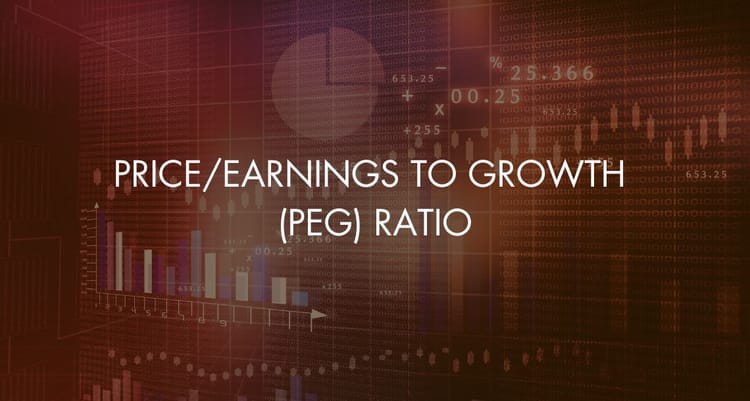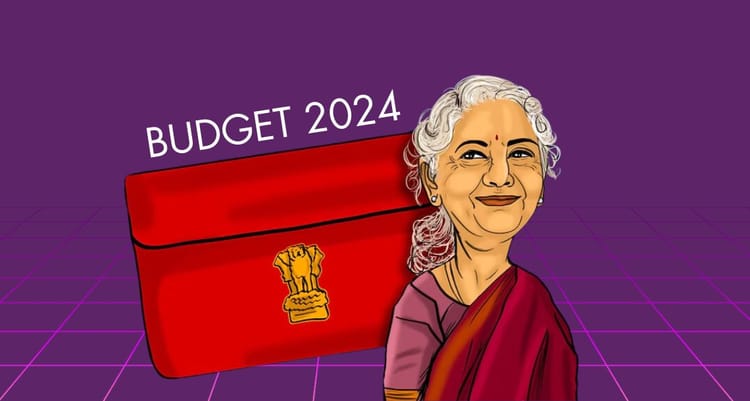🚫 Avoid These Money Mistakes in Your 30s!

Entering your 30s can feel like a whirlwind of career milestones, personal achievements, and maybe even a few financial challenges. It’s a pivotal decade where the decisions you make today can profoundly impact your financial future. Let's navigate through the money mistakes you should steer clear of:
1. Ignoring Retirement Savings
Don't let retirement sneak up on you like Monday morning.
- In your 30s, retirement might seem light-years away, but it's the perfect time to start saving. Even small amounts now can grow significantly over time thanks to the magic of compounding.
2. Living Beyond Your Means
Your budget is your BFF—not your frenemy.
- With career progression often comes a boost in income. It's tempting to upgrade your lifestyle, but resist the urge to overspend. Budgeting keeps your finances in check and helps you achieve your long-term goals.
3. Neglecting Emergency Funds
Life happens—be ready for the plot twists.
- Unexpected expenses can derail even the best-laid financial plans. Aim to stash away 3 to 6 months' worth of living expenses in an emergency fund. It's your safety net when life throws you a curveball.
4. Avoiding Investments
Grow your money like a champion gardener.
- Investing can seem intimidating, but it's crucial for building wealth over time. Start with low-cost index funds or seek advice from a financial advisor to match your risk tolerance and goals.
5. Ignoring Debt
Debt is like a bad roommate—address it before it takes over.
- Whether it's student loans, credit cards, or other debts, tackle them strategically. Prioritize high-interest debts first while making minimum payments on others to avoid sinking deeper into the debt trap.
6. Not Protecting Your Income
You insure your phone—why not your paycheck?
- Your ability to earn an income is your most valuable asset. Consider disability insurance to safeguard against unexpected health issues that could impact your earning potential.
7. Overlooking Career Development
Invest in yourself—you're your best asset.
- Your 30s are prime time for career growth. Invest in skills development, networking, and exploring new opportunities to increase your earning potential and job satisfaction.
8. Failing to Plan for Major Expenses
Big dreams need big plans—start saving for them.
- Whether it's buying a home, starting a family, or traveling the world, major life events come with hefty price tags. Start saving and planning early to avoid financial stress when these milestones arrive.
9. Not Reviewing Financial Goals Regularly
Set it and forget it? Not with your finances.
- Financial goals evolve over time. Regularly review and adjust your goals based on changing circumstances, ensuring you stay on track to achieve what matters most to you.
10. Ignoring Financial Education
Knowledge is money—invest in learning.
- Financial literacy isn't taught in school, but it's essential for making informed decisions. Educate yourself on topics like budgeting, investing, and retirement planning to empower your financial journey.
Your 30s can be a thrilling decade of growth and opportunity, especially when it comes to your finances. By avoiding these common money mistakes and staying proactive about your financial health, you're setting yourself up for a more secure and prosperous future. Remember, each smart choice today builds the foundation for your tomorrow. Happy saving!
Frequently Asked Questions (FAQ)
1. Why is it important to start saving for retirement in my 30s?
Starting retirement savings in your 30s is crucial because it gives your money more time to grow through compounding. Even small contributions can accumulate significantly over time, ensuring a more comfortable retirement.
2. How can I avoid living beyond my means?
To avoid living beyond your means, create and stick to a budget. Track your income and expenses, and prioritize saving and investing over unnecessary spending. It's important to resist lifestyle inflation, even with a higher income.
3. Why should I have an emergency fund, and how much should it be?
An emergency fund is essential to cover unexpected expenses like medical emergencies, car repairs, or job loss. Aim to save 3 to 6 months’ worth of living expenses to provide a safety net during financial emergencies.
4. What are the benefits of investing in my 30s?
Investing in your 30s helps build wealth over time and takes advantage of compound interest. Start with low-cost index funds or consult a financial advisor to create a diversified investment portfolio that matches your risk tolerance and goals.
5. How should I handle debt effectively?
Address your debt by prioritizing high-interest debts first, such as credit cards, while making minimum payments on other debts. Create a repayment plan to reduce your debt burden and avoid falling deeper into debt.
6. What is disability insurance, and why do I need it?
Disability insurance protects your income if you’re unable to work due to illness or injury. It ensures you have financial support to cover living expenses during periods when you cannot earn an income.
7. How can I invest in my career development?
Invest in career development by taking courses, attending workshops, networking, and seeking new job opportunities. Continuous learning and skill enhancement can increase your earning potential and job satisfaction.
8. Why is it important to plan for major expenses?
Planning for major expenses, such as buying a home or starting a family, helps you save and avoid financial stress. Early planning and saving ensure you have the necessary funds when these significant life events occur.
9. How often should I review my financial goals?
Review your financial goals regularly, at least once a year, or whenever significant life changes occur. Adjust your goals based on your current financial situation and future aspirations to stay on track.
10. How can I improve my financial education?
Improve your financial education by reading books, taking online courses, attending workshops, and following reputable financial blogs and podcasts. Understanding topics like budgeting, investing, and retirement planning empowers you to make informed financial decisions.
11. How can I start investing with Fynocrat?
To start investing with Fynocrat, you can plan your investments with us. We offer personalized investment strategies and professional guidance to help you achieve your financial goals.






Member discussion